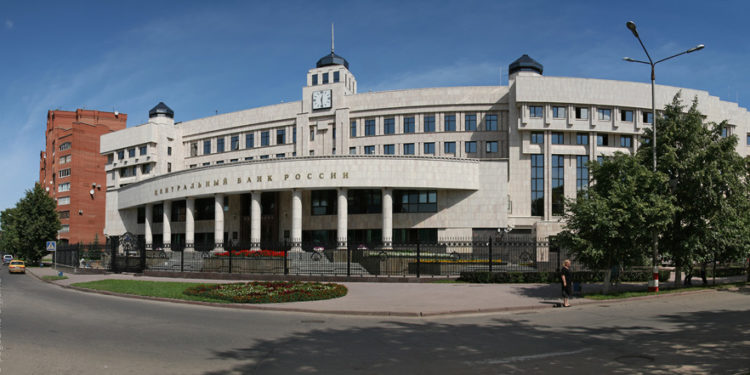The Bank of Russia wants to impose a Bitcoin ban after nine countries including China already imposed absolute bans on crypto. But how did that turn out for them? Let’s read more in today’s crypto news.
The Bank of Russia wants to impose a new ban and proposed a full ban on crypto and dozens more have implicit bans in place. The Bank of Russia issued a report recently calling for a total ban on crypto. While Russia banned crypto payments in 2020 and the central bank issued a ban on crypto investmetns, today’s proposal shows that the country will go further. Citing environmental concerns, it will halt BTC mining in the country which provides more than 10% of the computing power to the BTC network and it will also ban financial institutions from handling transfers of the digital assets. Not only will Russians not be able to purchase goods and services in BTC, but they also won’t be able to purchase BTC as well.
It is hard to imagine a crypto ban being enacted without the support of Vladimir Putin as the President who has been in office for 18 years and who has remained certain on his stance towards crypto as he works out the geopolitical ramifications. Most crypto proponents see BTC and other decentralized networks as immune to bans and it is hard to police access and use the assets which are open-source computer programs. Other countries already banned crypto too.
According to the November 2021 Law Library of Congress report, nine countries already banned cryptos such as Iraq, Nepal, Algeria, Bangladesh, Egypt, Qatar, Tunisia, Morocco, and China. With the exception of Nepal and China, all of these countries have Muslim majorities. There’s an ongoing debate whether BTC is permitted under Islamic Law whcih forbids the charging of interest or other financial practices deemed exploitative. Other crypto enthusiasts said that Bitcoin is halal or acceptable while others see it as haram or forbidden.
China as the world’s most populous country has its own reasons for banning crypto. The regime prioritized financial surveillance as a way to control the citizens whereas decentralized technologies skew towards privacy and financial freedom. China however is working on a central bank digital currency and even piloted it among users.
Closer to Russia, a few former Soviet republics like Moldova and Georgia all banned crypto. In June 2020, Kazakhstan also imposed a ban and stated that only crypto backed by other assets could operate in the country but it did formally recognize BTC as a commodity the next month and started leveraging cheap energy to attract miners.
DC Forecasts is a leader in many crypto news categories, striving for the highest journalistic standards and abiding by a strict set of editorial policies. If you are interested to offer your expertise or contribute to our news website, feel free to contact us at editor@dcforecasts.com

























Discussion about this post